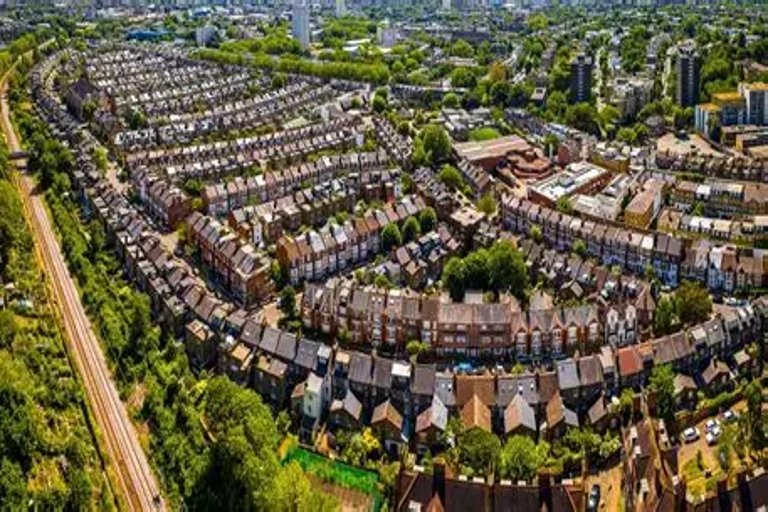City Council Debates Expansion of Affordable Housing Zones
Halifax officials are considering zoning reforms that would allow for greater density and more units per lot in suburban neighborhoods.
June 23, 2025 at 08:06 | By Liam Turner, Prairie Signal

Halifax City Council is embroiled in a heated debate over proposed changes to zoning bylaws that would allow for the expansion of affordable housing zones throughout the municipality. The motion, introduced last week by Councillor Dana Lee, aims to reclassify several suburban and mixed-use neighborhoods to permit higher-density residential construction.
Proponents argue that the measure is urgently needed to combat the region’s growing housing affordability crisis. Over the past year, the average rent in Halifax has increased by more than 9%, with low- and middle-income families struggling to secure stable accommodations in traditionally affordable areas.
If passed, the zoning reform would ease restrictions on multi-unit dwellings, enabling developers to build townhomes, small apartment buildings, and mixed-income units in areas currently dominated by single-family homes. It would also eliminate parking minimums and simplify permitting processes for non-profit housing projects.
Councillor Lee emphasized that Halifax must take bold steps to accommodate a growing population. 'We cannot allow outdated zoning rules to block desperately needed housing,' she said during Monday’s council meeting. 'This is about making space for everyone, not just those who can afford to outbid the rest.'
Opponents, however, worry that rapid rezoning could lead to overdevelopment, traffic congestion, and loss of neighborhood character. Some residents have voiced concerns about increased building heights and shadowing effects, especially in quiet, tree-lined districts like Fairmount and Armdale.
A public hearing held Tuesday evening drew dozens of speakers on both sides of the issue. Advocates for housing reform included students, seniors, and local workers who shared stories of rent hikes, long commutes, and challenges finding accessible housing. Others called for stronger guarantees that new developments will remain genuinely affordable.
Urban planning experts invited by the city generally supported the proposal but suggested additional amendments to ensure equitable outcomes. One recommendation involved prioritizing land trusts and cooperative housing models to prevent speculative development.
Mayor Langley, while expressing cautious optimism, urged council to work toward a consensus that balances density with livability. 'We need to be creative and compassionate. That means rethinking how our city grows and who gets to call it home,' she said.
The proposed changes are part of a broader regional strategy developed in partnership with Housing Nova Scotia and the Halifax Regional Housing Task Force. The strategy identifies infill housing and upzoning as key tools to boost supply without sprawl.
City staff have been tasked with drafting final amendments and impact assessments before a full council vote scheduled for next month. In the meantime, community consultations will continue online and in person across multiple districts.
If approved, the zoning changes could go into effect as early as spring 2026, with several pilot projects already in planning stages. Officials hope that faster permitting and greater flexibility will encourage builders and non-profits to break ground within the year.